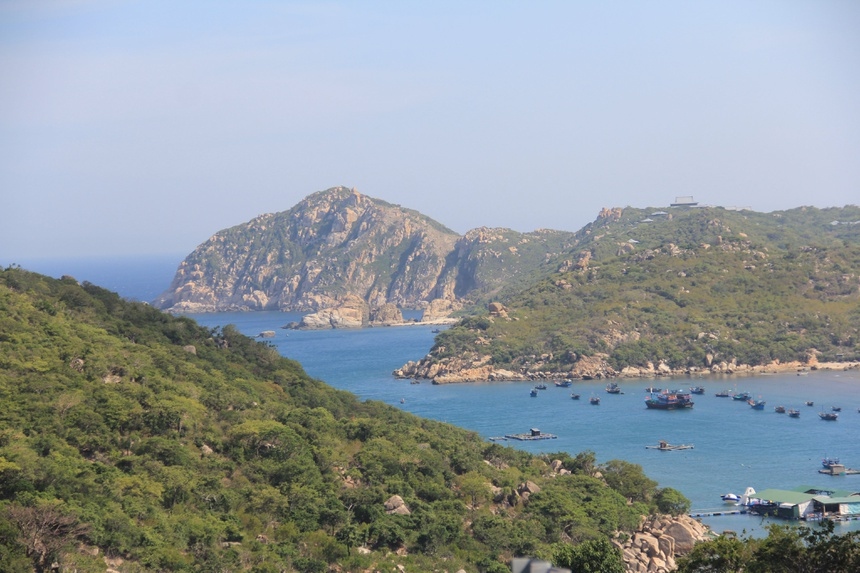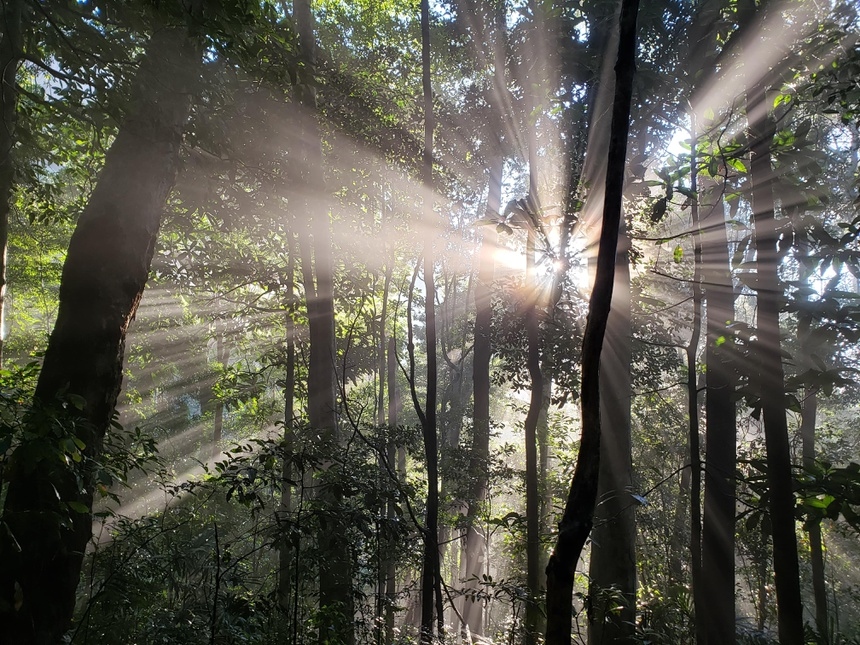UNESCO honours Vietnam with two more biosphere reserves
VOV.VN - The United Nations Educational, Scientific and Cultural Organization (UNESCO) has recognized Nui Chua national park and Kon Ha Nung plateau of Vietnam as global biosphere reserves.

The decision was made by the International Coordinating Council of UNESCO's Man and the Biosphere Program at in ongoing session in Nigeria on September 15, according to the Ministry of Foreign Affairs (MOFA).
With the latest recognition, Vietnam has now boasted a total of 11 global biosphere reserves, ranking second in Southeast Asia after Indonesia.
Located in the south-central province of Ninh Thuan, Nui Chua Biosphere Reserve covers a total area of 106,646.45 hectares. It has a core zone (16,445 ha), a buffer zone (48,047 ha) and a transition area (42,131 ha), serving as a place for conservation, research development and support, and education and culture.
The biosphere reserve has a typical and unique dry forest ecosystem in Vietnam and Southeast Asia. Its forest ecosystem is of special value as it belongs to the Annamites (Greater Annamites – SA4 area), one of the 200 globally important ecological regions and one of the highest conservation priority areas of all major habitat types on Earth.

Meanwhile, Kon Ha Nung Plateau Biosphere Reserve is located in the Central Highlands province of Gia Lai, covering a total area of 413,511.67 ha with two core areas, Kon Ka Kinh National Park and Kon Chu Rang Nature Reserve. The reserve has a closed subtropical humid evergreen forest ecosystem which remains relatively intact. It boasts high biodiversity, typical for forest ecosystem, forest flora and fauna in the Central Highlands.
The Biosphere Reserve also plays an important role in fostering socio-economic development and maintaining ecological balance of the Central Highlands and the Central- and Southeast regions.
In addition, the two Biosphere Reserves both contain rich and unique cultural heritage treasures with many outstanding features of tangible and intangible cultural values of ethnic minority groups living there.
